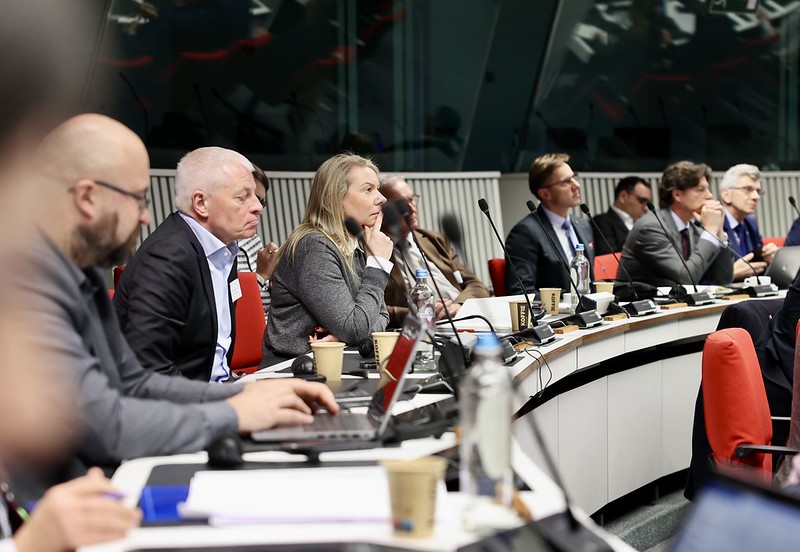Polish presidency of the Council of the European Union, starting in early 2025, coincides with a particularly challenging period for the EU. Governments in Germany and France have collapsed, and Romania is experiencing turmoil surrounding its presidential elections. The EU economy has been stagnant for years. Low innovation, excessive regulation, a shortage of skilled labor, and high energy costs are just some of the factors putting the EU at a disadvantage in its competition with China and the United States. A wake-up call came in the form of the Mario Draghi Report, a team of experts, led by the former Italian Prime Minister and President of the European Central Bank, conducted a comprehensive analysis of various EU economic sectors, and its findings are alarming. Without deep reforms, the EU faces a “slow decline,” while the cost of implementing the reforms proposed in the report is estimated at 800 billion euros annually.
Fortunately, preparations for Polish presidency demonstrate that the government understands the situation. The key priorities provide a clear and comprehensive diagnosis of the EU’s problems, on which Poland plans to focus. In Employers of Poland, we have been working on the topic of the presidency since 2024. At the beginning of the year, we prepared our own list of proposals, which, as it turned out, aligned well with the final list of priorities. We organized meetings with representatives of the Ministry of Development, the Ministry of Health, and Minister Magdalena Sobkowiak. The preparations culminated on December 9 in Brussels with a debate organized by us in cooperation with SGI Europe and the European Economic and Social Committee (EESC).
The debate, titled “Strengthening Competitiveness – Opportunity or Necessity for the European Union?”, was held in a full house. On behalf of the Polish government, speeches were delivered by Deputy Minister of Health Katarzyna Kacperczyk and State Secretary at the Chancellery of the Prime Minister Ignacy Niemczycki. Perspectives were also shared by four representatives of the European Commission, EESC members, and the Secretary General of SGI. From our perspective, the active participation of Employers of Poland members was particularly important.
The organizational success of the event should not overshadow the fact that this debate served as a wake-up call for EU policymakers. The situation in industry, AI, and transportation is dire, and the roots of the EU’s economic crisis are so deep that fundamental changes in Brussels are necessary. Employers of Poland will remain active during the presidency as well. Following the debate, which provided an overview of the most pressing economic issues facing the EU, we plan to organize meetings focused on specific sectors. We will also participate in conferences and seminars organized by individual ministries within the framework of Poland’s presidency. A strong and competitive economy is in our collective interest.














